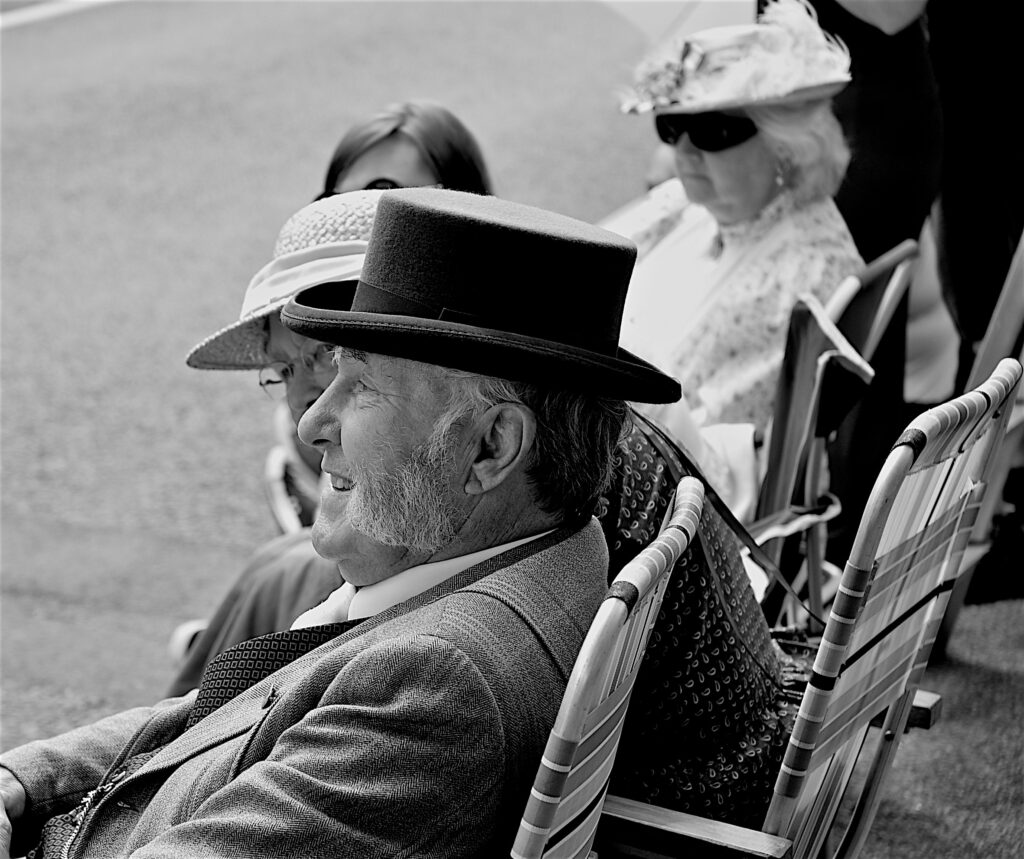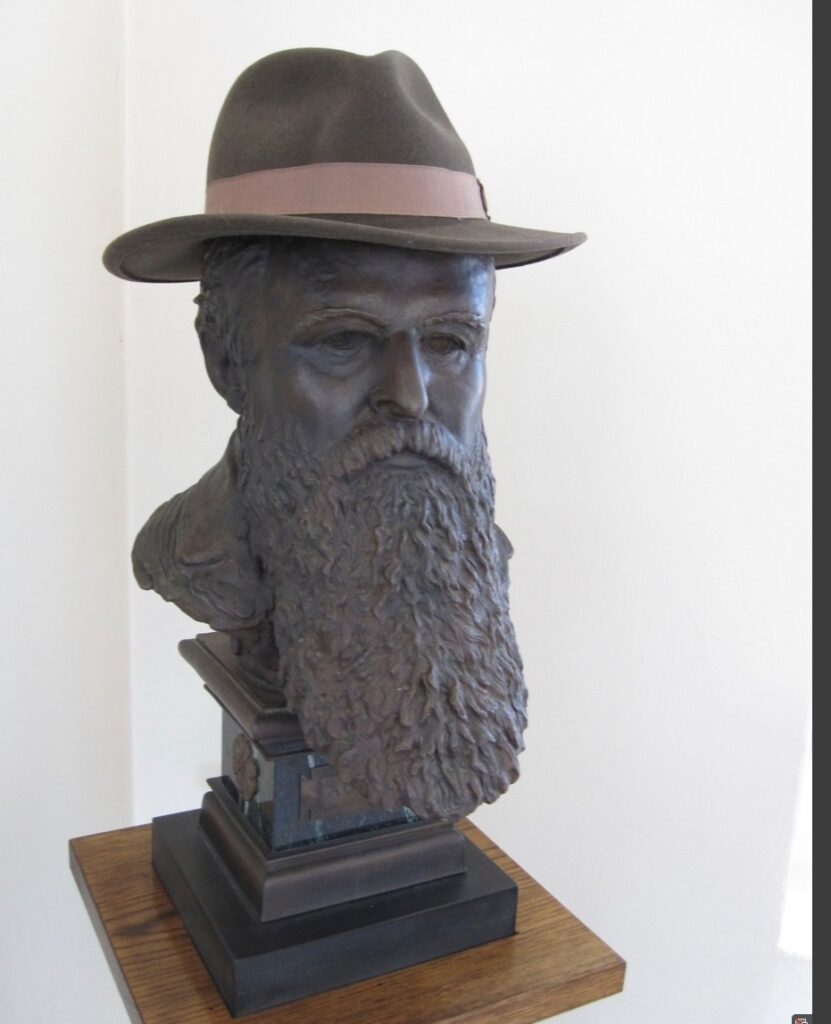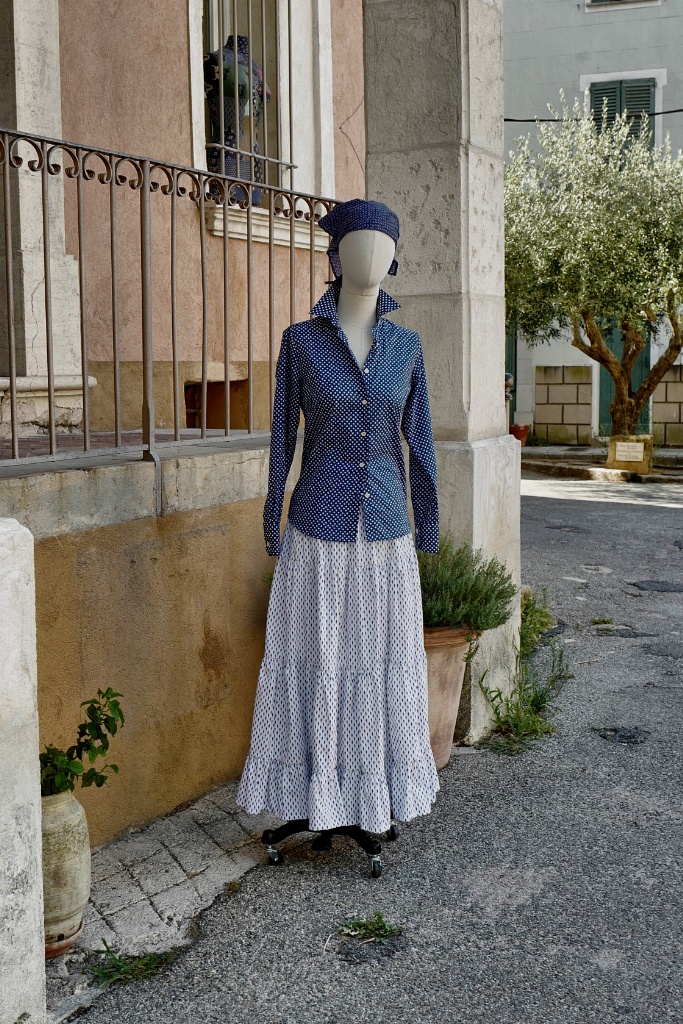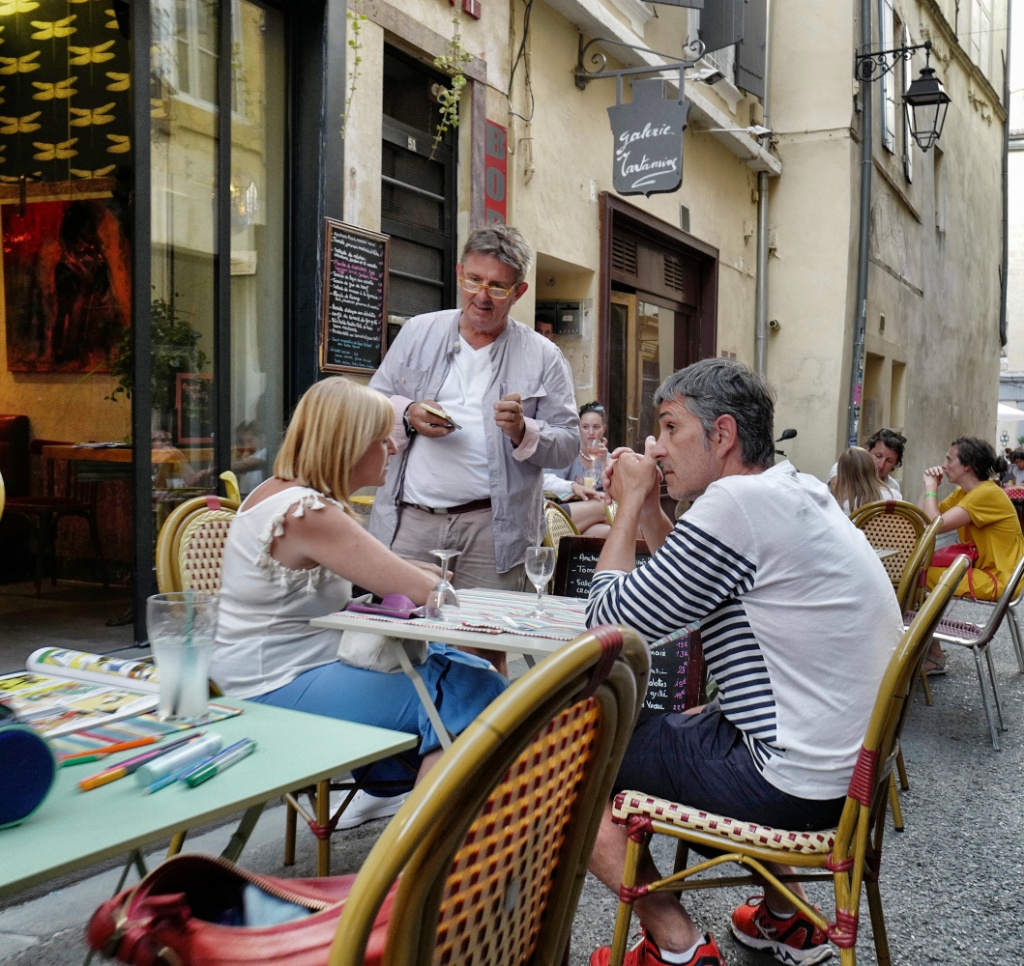Quote of the Day
”It is not certain that everything is uncertain”
- Blaise Pascal
Musical alternative to the morning’s radio news
Sharon Shannon | Tune for a Found Harmonium
Nobody sleeps at the back when this lady plays.
Long Read of the Day
The links between one Oxbridge college and the slave trade
Oxbridge colleges are, by and large, wealthy institutions, with endowments that have increased over many centuries. One implication of this is that most of them would inevitably have benefited from slave-holding families who sent their sons to Oxford or Cambridge. Until very recently, though, this sordid connection between prestigious institutions and slavery was, er, not discussed. Thankfully, things have changed a bit, but there’s a lot more to be done.
Which is why this report is interesting. It’s on the website of Gonville and Caius, one of Cambridge richest colleges, and is the outcome of a pretty thorough investigation of Caius’s links with slavery over several centuries. “In total”, it concluded,
twenty-seven students from slavery backgrounds attended Caius from the early eighteenth century until the emancipation of enslaved persons was made legal in Parliament on 1 August 1838. Though this figure was probably higher, these new arrivals at the college came from several locations throughout the British Empire, with three from Virginia, another two from South Carolina, two from Nevis, eight from Barbados, one from British Guiana, three from Jamaica, one from St. Kitts, one from the Virgin Islands, and the remaining six students from various locations in England (including Norfolk, Surrey, and London). The families of these students had various relationships to slavery and the slave trade. The vast majority, twenty-six students, were the descendants of the landed enslaver class. The remaining student, John Baylor III, had family relations involved in both slaveholding and slave trading (Baylor later named his plantation “Newmarket” after the famous racecourse near Cambridge). These Caians arrived predominantly in the mid-eighteenth and early nineteenth centuries, with the 1760s (three students), 1820s (five students), and 1830s (nine students) the three most popular decades for attendees. The figures were small, but the average admittance of Caians in one decade of the eighteenth century was around seven students, so Americans were not alone in not choosing Cambridge for their educations…
It’s a fascinating and worthwhile read. Earlier scholarly histories of the college had paid attention to its contributions to the campaign for the abolition of slavery, but had omitted to look at the other side of the coin. And it’s really good that the report is up-front on Caius’s website.
My commonplace booklet
The consolations of Blogging
Gillian Tett, an anthropologist who evolved into a fine journalist (and a senior editorial figure on the Financial Times), told a revealing story in her column this weekend. When she started out as a journalist she “sometimes felt as though the media operated a bit like Moses on Mount Sinai with his biblical tablets of stone: once a day, we writers descended from our mountains, handed over our stories, then scurried away”. Then, writing “felt like a one-way process: journalists presented readers with news; only sporadically was the information flow reversed.”
But now, apparently, it’s very different for those who labour in the mainstream media. Readers are always “constantly reacting, commenting on articles in real time.” Tett illustrates this about what happened after she wrote a story recently about the “social silence” that enabled Harvey Weinstein to get away with his foul predatory practices. She ended the column by asking her readers where they had seen analogous instances of ‘social silences’ and seemed surprised when dozens of examples flooded in.
It was, she writes, “illuminating”, which makes one wonder if she should go back to anthropology for a while to gain a better understanding of the world she now inhabits. For what she had delightedly discovered is something that every blogger knows — that information-flow in the networked public sphere is always a two-way street, and that often your readers know more than you do.
Here’s the most recent case in point for me. On July 29 I wrote from Provence about how nice it was for a recovering petrolhead like me to come on iconic vehicles like the Citroen 2CV, and the WW2 Jeep, and how I still hoped to see a properly restored Citroen DS19. For the next few days my email inbox was an utter delight, as readers jostled to update me on these important matters.
In short order, I learned more about the history and engineering background of the 2CV than I would have believed possible. I found myself looking for — and finding on YouTube — The Tin Snail, Patrick Uden’s marvellous Channel 4 documentary about the car’s history. “It’s worth noting”, he wrote,
that the 425cc 2CV engine is a piece of precision engineering designed to run on poor fuel and with no maintenance. It is loosely based on the German military 750cc BMW and Zundapp engines, which were – in turn – based on the British WW1 Douglas 350cc flat-twin engine (Douglas also invented and built the first disc brakes).
Unlike the German engines, the 2CV engine has no gaskets and is milled to precision ‘face-fits’ like an aircraft engine, thus making it fit for use in small planes. It cost as much to build as the whole of the rest of the car.
In my original post, I mentioned that in Provence I always look out for the WW2 Jeeps which one often sees there. Once again, readers knew better. The Jeeps I enjoy seeing were probably built after the war under licence by the French company Hotchkiss as the M201 and used by the French military and oil exploration companies in north Africa.
And, doubtless peeved by a French company building an American Jeep, Citroen produced an all-wheel-drive version of the 2CV. Improbably, it was a 2CV with two engines – one at the front and one at the back. But, wrote Patrick,
the engines were not connected and had to be ‘synchronised’ by the driver. The rear engine meant the fuel tanks were moved from the back to under the front seats, so the filler projected through the front doors! The spare wheel was mounted above the front engine through a hole on the bonnet.
Like this:
And Stephen Pickles wrote to ask if I’d ever seen the 2CV racing speedboats.
Which, of course, I hadn’t!
This Blog is also available as a daily email. If you think that might suit you better, why not subscribe? One email a day, Monday through Friday, delivered to your inbox. It’s free, and you can always unsubscribe if you conclude your inbox is full enough already!










